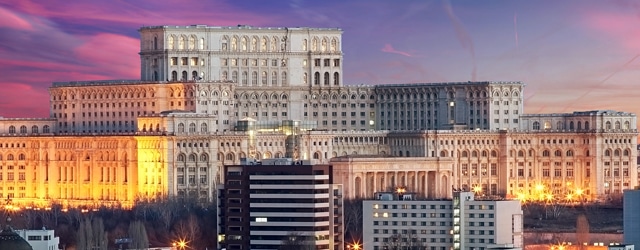
To the surprise of outsiders, Romania’s voters gave an overwhelming endorsement to the Social Democratic Party (PSD) in the December 11 parliamentary elections, despite the party’s history of economic mismanagement and political corruption.
The PSD received some 46% of the vote and 221 seats in the 465-seat parliament, ensuring it will be dominant in a new governing coalition, most likely with the center-right party ALDE. The new prime minister won’t, however, be PSD party leader Liviu Dragnea: In April he received a two-year suspended prison sentence, and president Klaus Iohannis—whose fight against graft is the mainstay of his presidency—won’t swear in as premier anyone with a criminal conviction.
The PSD’s triumph comes after a year of progress under technocrat Dacian Ciolo, who assumed power after the last PSD premier, Victor Ponta, resigned in disgrace in 2015.
Romania has the fastest-growing economy in Europe, with GDP expected to rise 4.8% this year and 3.8% next. Romania has been praised for its reforms and for progress against corruption; the World Bank, which, with the International Finance Corporation, has provided the country more than $13 billion, pledged a further $500 million.
“Romania’s authorities have demonstrated a sustained commitment to a reform agenda that is at the heart of reducing poverty and exclusion and creating greater opportunities for Romania’s citizens,” said Cyril Muller, World Bank vice president for Europe and Central Asia.
The jury is still out whether the PSD will continue the outgoing government’s reform and anti-graft program, which has pushed foreign direct investment to record levels. But expect a shift in policy.
“The PSD’s mandate should enable it to push ahead with their promises to effect tax cuts, boost public-sector wages and increase infrastructure spending, and in the short term this should support growth,” says analyst Liam Carso at consultancy Capital Economics.
However, Carson and others say the risk is that this increased spending will put pressure on the currency, the leu, and, crucially, on the budget deficit—currently around 2.2% of GDP—pushing it past the European Union’s 3% limit. That could force a reversal of policy in 2017, as Bucharest applies the brakes.



